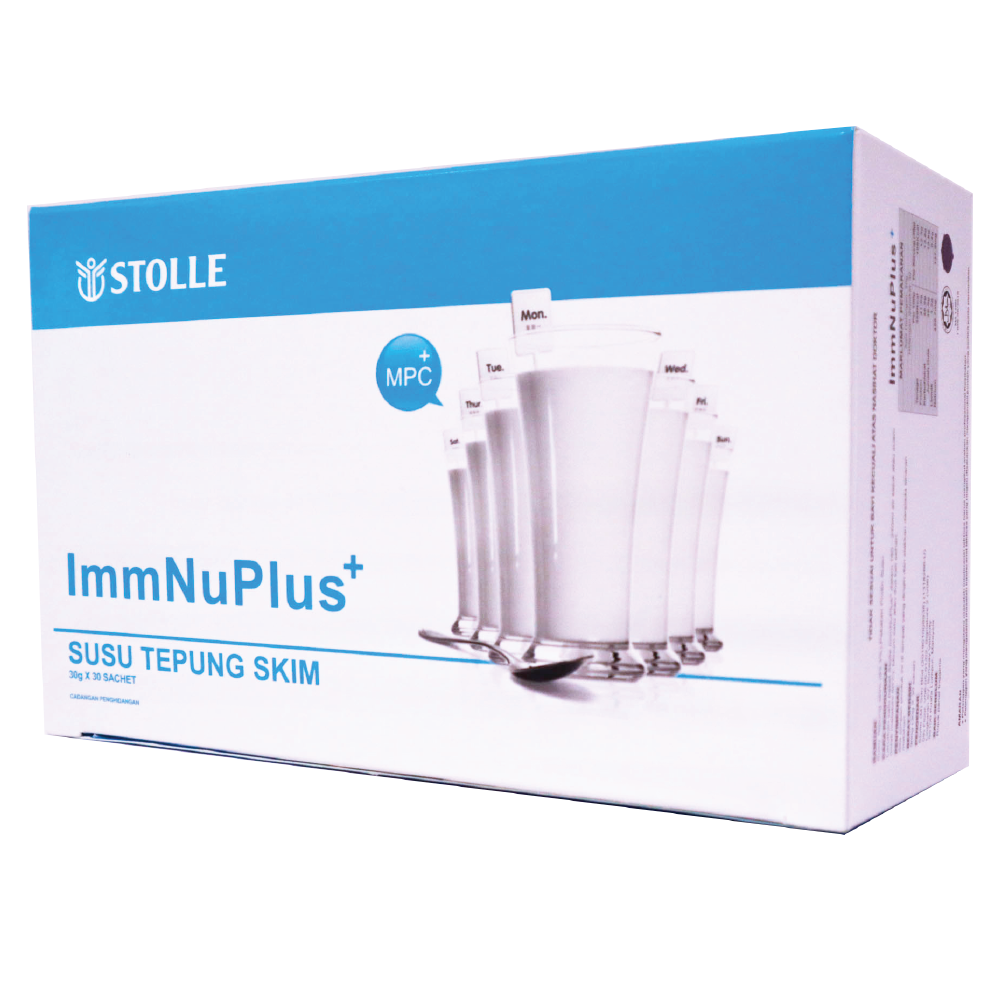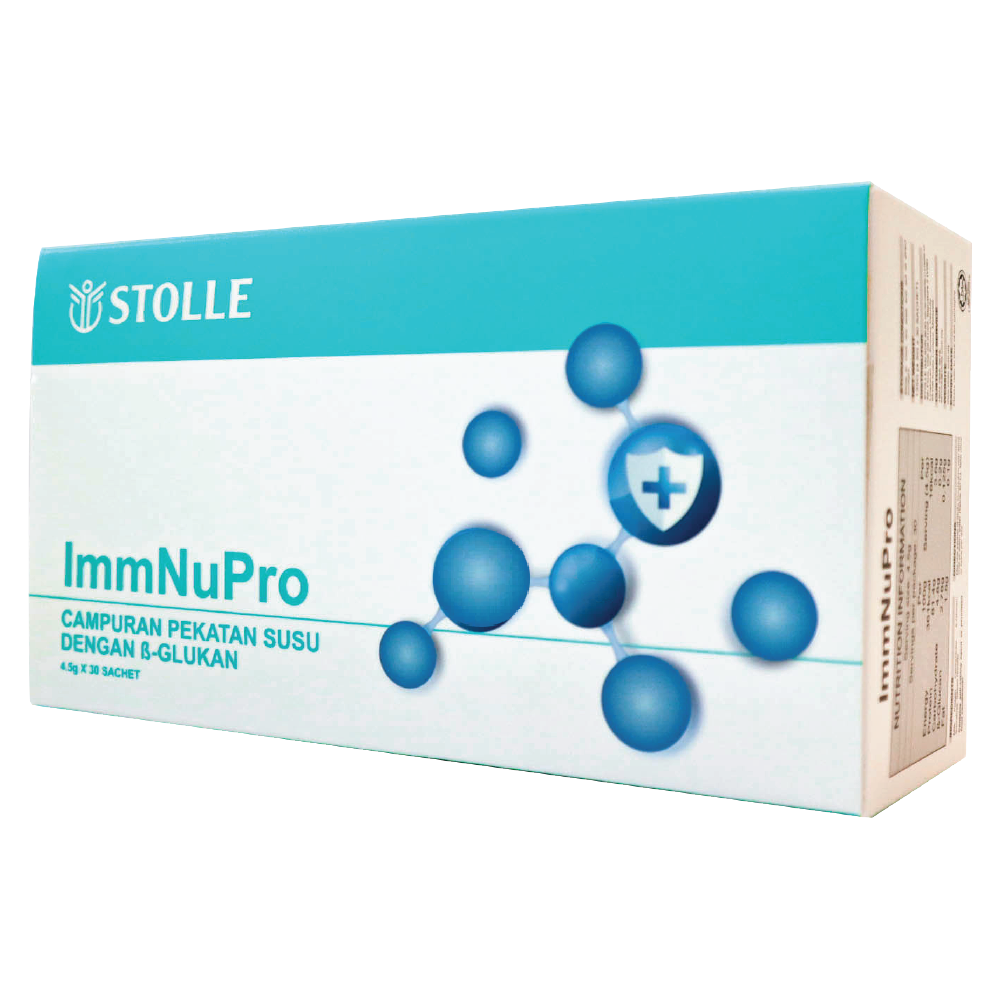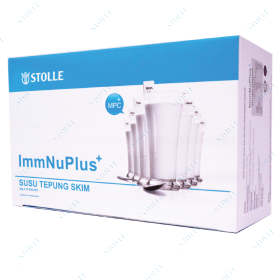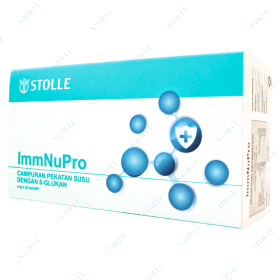Dealing Allergic in Kids
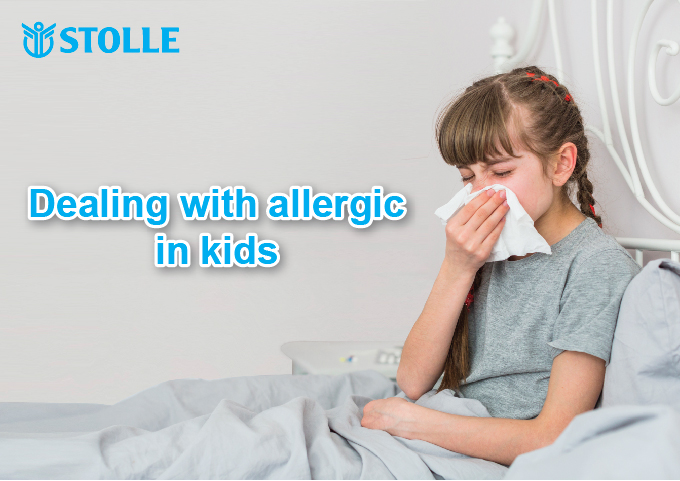

Dealling with allergic in Kids
Why Are Children Always Getting Allergies? The Problem Is More Common Than You Think
In today’s increasingly urbanized and polluted environments, more and more parents find their children suffering from recurrent allergic reactions. From skin rashes and eczema to sneezing, runny noses, and even food intolerances, allergies have become a common concern for modern families.
According to reports by the World Allergy Organization (WAO) and the World Health Organization (WHO):
- 1 in every 3 children globally suffers from some form of allergic disease.
- In Malaysia, the prevalence of allergies among children exceeds 35%, with the most common types including skin allergies (such as eczema), respiratory allergies (like allergic rhinitis), and food allergies (such as intolerance to milk, wheat, etc.).
These conditions not only place a burden on family care but also affect children's learning, sleep, and social development.
Why Are Children Prone to Allergies? It’s All About Immune Balance and Maturity
Allergies occur when the immune system overreacts to substances that are actually harmless. When the immune system mistakenly identifies particles like dust mites, pollen, or certain proteins as threats, it triggers an inflammatory response that results in symptoms like redness, swelling, and sneezing.
Children are especially vulnerable as their immune systems are still developing and can easily become imbalanced due to factors such as:
- Lack of exclusive breastfeeding in infancy
- Early exposure to antibiotics
- Imbalanced gut microbiota
- Deficiencies in vitamin D, zinc, and other immune nutrients
- A family history of allergic or asthmatic conditions
So, it’s not that the child is inherently weak — rather, the immune system is either immature or disrupted, causing it to misfire.
How to Improve? Start with Daily Immune Balance
To effectively manage allergies and reduce their frequency, the key lies in regulating and supporting the immune system in the long term. Experts recommend the following approaches:
1. Balanced Diet to Strengthen Natural Defenses
Foods rich in vitamins C, E, polyphenols, and dietary fiber (like fruits, vegetables, and whole grains) help with antioxidant protection, gut health, and lowering the risk of allergic reactions.
2. Regular Sunlight and Physical Activity
Outdoor play helps stimulate natural vitamin D production, which enhances immune cell function and lowers the likelihood of allergic and asthmatic responses.
3. Supplement Key Nutrients
Probiotics, vitamin D, zinc, and omega-3 fatty acids have been shown in numerous studies to regulate immune responses and reduce allergy symptoms.
4. Drink Functional Immune Nutrition Milk (e.g., STOLLE Immune Milk)
Unlike regular milk, STOLLE Immune Milk which rich in patented immunonutrients including:
- Immunoglobulins (IgG): Help recognize and neutralize harmful substances
- Anti-inflammatory factors: Regulate immune responses and reduce allergy symptoms
- Lactoferrin: Supports gut and immune balance with antimicrobial properties
Studies shown that children who regularly drink STOLLE Immune Milk experience improved immune recognition and lower allergy rates, with reduced symptom severity.
Allergies Are Not Inevitable — Immunity Is the Key
A child’s constitution can be developed. Even those with allergic tendencies can improve with long-term immune support. With the right methods — from nutrition and daily routines to functional health beverages — parents can help their children build a more stable, resilient, and less reactive immune system.
Allergies don't have to be a life sentence. A stronger immune foundation means fewer flare-ups and a happier, more energetic childhood.
Start with one scientifically supported choice — STOLLE Immune Milk — and give your child the health foundation they deserve.




